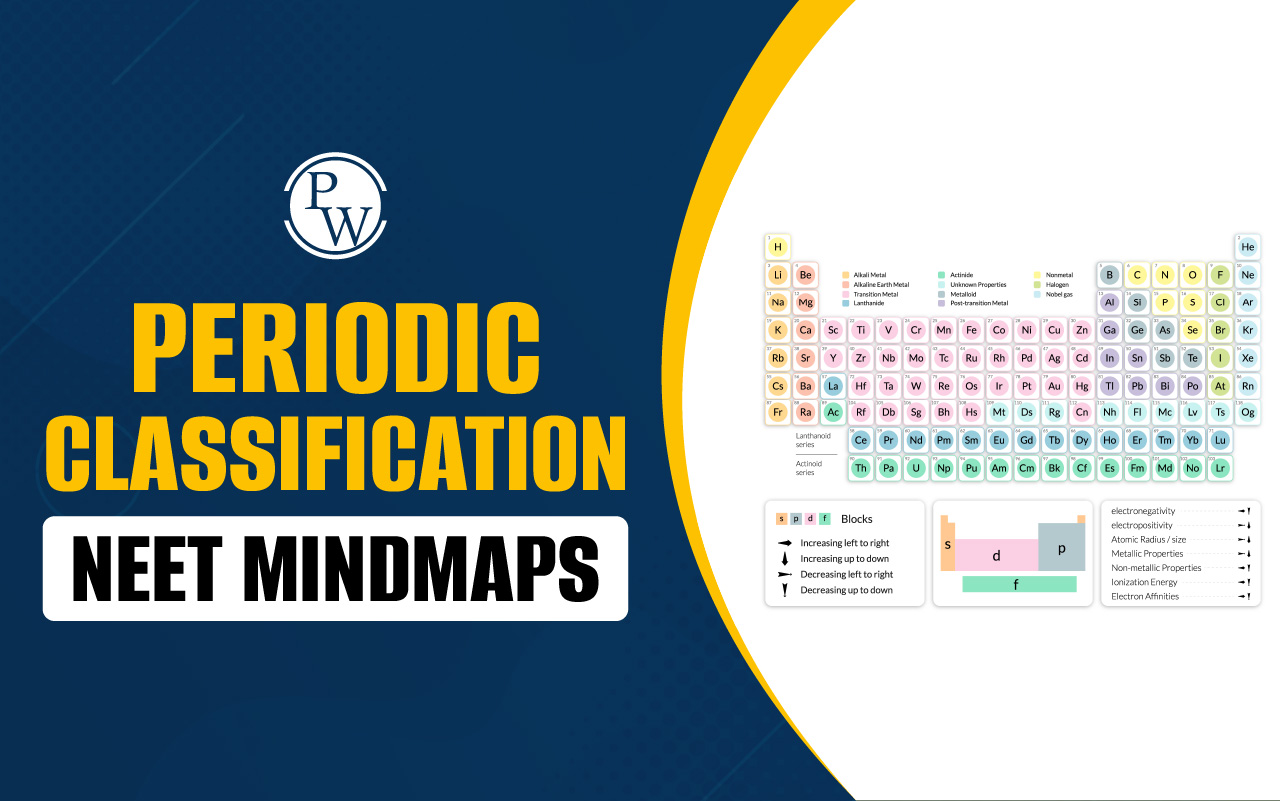

Difference Between Fat Soluble and Water Soluble Vitamins: Vitamins play a vital role in the growth and development of our bodies. Since our bodies can't produce these essential nutrients alone, we must obtain them from our food. Vitamins are split into two main types: water-soluble and fat-soluble. Fat-soluble vitamins (A, E, D,and K) mix with fats, while water-soluble vitamins dissolve in water. This classification is important because it affects how the body stores these vitamins and whether having too much or too little can cause problems.
For instance, water-soluble B vitamins like thiamine, biotin, folic acid, riboflavin, niacin, and pantothenic acid are expelled from the body through urine since they dissolve in water. If these vitamins are not adequately replaced, it can lead to health issues. This article explores the difference between fat soluble and water soluble vitamins and why our bodies need them. It also delves into the potential risks associated with excessive vitamin intake.
Difference Between Fat Soluble and Water Soluble Vitamins Overview
The primary difference between fat soluble and water soluble vitamins and a fat-soluble one lies in their absorption and storage within the body. As the name suggests, water-soluble vitamins dissolve quickly in water and are not stored in the body. Instead, any excess over the required amount is absorbed and eventually eliminated.
In contrast, fat-soluble vitamins are absorbed by fat, which circulates through the bloodstream and eventually accumulates in the liver. While water-soluble vitamins are quickly absorbed and excreted, fat-soluble vitamins dissolve more slowly and accumulate in the liver. As a result, taking too many fat-soluble vitamin supplements can cause vitamin toxicity.
This leads us to another distinction between fat-soluble and water-soluble vitamins: the frequency of consumption required. The rapid metabolism of water-soluble vitamins necessitates regular consumption. On the other hand, fat-soluble vitamins remain in the body for longer periods, reducing the need for frequent consumption. The detailed difference between fat soluble and water soluble vitamins is given in the article below.
Difference Between Fat Soluble and Water Soluble Vitamins
The human body requires trace nutrients and minerals to function properly. Vitamins are especially important. The 13 essential vitamins help the body function and grow. To get these vitamins, you must eat various foods every day. But how your body uses these vitamins is important for proper working and growth. Vitamins are grouped into two types based on how they dissolve: some like fat, while others like water. The table below shows the main difference between fat soluble and water soluble vitamins.
| Difference Between Fat Soluble and Water Soluble Vitamins | ||
| Characteristic | Water-Soluble Vitamins | Fat-Soluble Vitamins |
| Definition | Vitamins that dissolve in water. | Vitamins that dissolve in fat. |
| Examples | Vitamin B, C | Vitamin A, D, E, K |
| Absorption Location | Small intestine | Small intestine |
| Attraction to Water | Hydrophilic | Hydrophobic |
| Handling Excess | Excess eliminated by the kidneys. | Excess stored in the body's fatty tissues. |
| Movement in the Body | Moves freely in the bloodstream. | Many vitamins require carriers (proteins) to travel in the blood. |
| Toxicity Level | Low toxicity | Comparatively higher toxicity |
| Deficiency | Symptoms appear rather quickly. | Symptoms take time to become evident. |
Fat Soluble Vitamins
Unlike water-soluble vitamins, which are easily excreted from the body, fat-soluble vitamins have the unique property of being stored within the body for an extended period. These vitamins, derived from dietary fats, are absorbed and stored in adipose tissue and the liver until they are needed for metabolism. Fat-soluble vitamins have a sustained storage capacity of at least six months, which reduces the risk of deficiency. However, there is a risk of toxicity if these vitamins accumulate excessively.
Fortunately, following a well-balanced and nutritious diet reduces the likelihood of such toxicity. When people supplement multiple vitamins simultaneously, their susceptibility to adverse effects increases, potentially resulting in a surplus of specific substances. A mnemonic aid for recalling key fat-soluble vitamins is the acronym DALEK:
- D: Vitamin D, procured primarily through sunlight exposure and in dietary sources such as egg yolks, red meat, and oily fish, contributes to maintaining healthy bones, teeth, and muscles.
- A: Vitamin A is instrumental in bolstering the immune system, supporting vision, and promoting skin health.
- L: signifying lipids and liver, the anatomical sites where fat-soluble vitamins undergo storage.
- E: Vitamin E is vital in shielding cells from oxidative stress.
- K: Vitamin K is pivotal in facilitating blood clotting mechanisms, particularly during injury. Dietary sources of vitamin K encompass leafy greens such as broccoli, spinach, and vegetable oils.
Water Soluble Vitamins
Water-soluble vitamins have the unique ability to dissolve in water. Once in the bloodstream, they are absorbed into tissues and used immediately. If not used right away, these vitamins are excreted in the urine. Water-soluble vitamins must be replenished regularly due to their limited capacity for storage in the body. Consistent daily intake, whether through dietary sources or supplements, is essential. These water-soluble compounds include B vitamins and vitamin C, important in various physiological processes. B vitamins perform a variety of essential functions for bodily health, particularly in the skin, nervous system, blood cells, and energy metabolism:
- B1 (thiamin) and B3 (niacin) regulate the nervous system and facilitate energy release from food.
- B2 (riboflavin) serves a similar purpose while concurrently contributing to maintaining ocular and dermal health.
- B4 (pantothenic acid) is instrumental in energy extraction from food sources.
- B6 (pyridoxine) forms hemoglobin in red blood cells and facilitates the storage of energy derived from proteins and carbohydrates.
- B7 (biotin) is endogenously present in the body, synthesized by specific bowel bacteria, and is required in small amounts to aid in fatty acid production.
- B9 (folic acid) assumes particular significance during pregnancy, reducing the risk of certain birth defects and contributing to the production of healthy red blood cells.
Vitamin C, another water-soluble nutrient, fulfills various essential functions:
- Support of the immune system.
- Antioxidant properties, guarding against free radical damage.
- Stimulation of collagen production.
- Facilitation of wound healing processes, among other roles.
Because these vitamins are water-soluble, they must be consumed daily to prevent their rapid elimination during excretion. Including various fruits and vegetables in one's diet effectively ensures an adequate supply of these essential compounds.
Physics Wallah NEET Online Coaching is best for your NEET exam preparation. Physics Wallah provides the best NEET online coaching for aspirants. PW NEET Online Coaching Program offers students the best and most affordable courses.
| NEET Exam Important Links | |
|---|---|
| NEET Syllabus | NEET Biology Diagrams |
| NEET Biology MCQ | NEET Biology Chapter wise Weightage |
| NEET Biology Notes | NEET Previous Year Question papers |
Difference Between Fat Soluble and Water Soluble Vitamins FAQs
What are the five fat-soluble vitamins?
Which vitamins are water-soluble?
What are the two main types of vitamins?
Which vitamin gets stored in the liver?
What deficiencies can occur with fat-soluble vitamins?












